The Chan family welcomes a new optometrist with new
solutions to improve ocular health.
Click here read more

In a captivating recording, viewers have the opportunity to delve into
the world of eye health with two esteemed experts, Dr. Tiffany Chan and Dr.
Tina Khieu. Click here to read more
-
Promoting Eye Health at a Young Age
Category: News article featuring Dr. Tina Khieu
According to the Centers for Disease Control, just over half (51.9%) of children aged 3-5 years old have never had their vision tested.
Read more
Hyperopia
- Created in We Can Help With, Refractive Disorders

People with hyperopia, also known as farsightedness, can usually see objects in the distance, but their close vision is blurry. Symptoms of untreated hyperopia include:
- Difficulty concentrating on near work, such as reading
- Eye strain
- Headaches after reading or other activities involving close focus
- Aching, burning eyes
- Irritability from concentrating on tasks
- In children, eyes may look crossed
Causes and Risk Factors
If your cornea lacks an insufficient degree of curvature or your eyeball is too short, you’ll be farsighted. These defects, called refractive errors, prevent light from focusing correctly inside your eye. Instead of an image being focused on the retina, your eye focuses it behind the retina. This results in blurred close vision.
About 5 to 10 percent of Americans have hyperopia. You’re more likely to be farsighted if your parents are.
Diagnosis
To diagnose hyperopia, your eye doctor will give you eye drops to temporarily suspend your eye’s focusing mechanism. Then, he or she can assess how farsighted you are.
Prescription Lens Treatment
If you are only a little farsighted, your eyes might be able to compensate without any intervention. Many hyperopic people can benefit from corrective lenses, either eyeglasses or contact lenses. Corrective lenses help your eyes focus correctly by altering how light enters them.
Eyeglasses are the simplest way to correct hyperopia. However, many people prefer contact lenses, since they provide slightly clearer vision than glasses do. Your doctor can discuss the pros and cons of each.
Surgical Treatment
Several types of refractive surgery permanently alter the shape of the cornea, decreasing or eliminating the need to wear corrective lenses. The ophthalmologist uses a small laser to reshape your cornea by sculpting tiny amounts of corneal tissue. To treat hyperopia, he or she increases the curvature of the cornea.
If you think you might be farsighted, call us today so we can help find the most appropriate treatment option for you.



